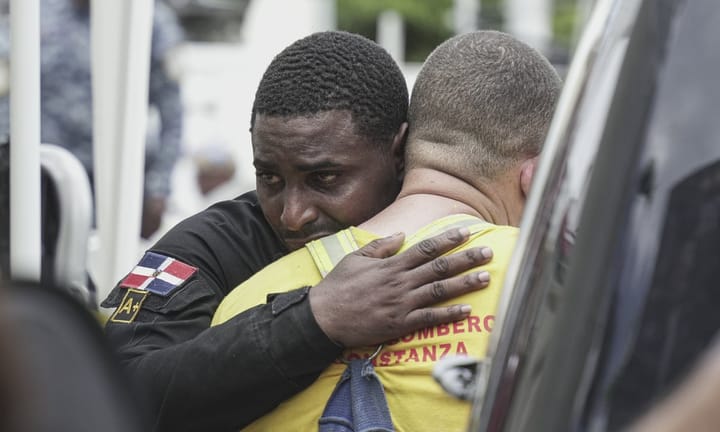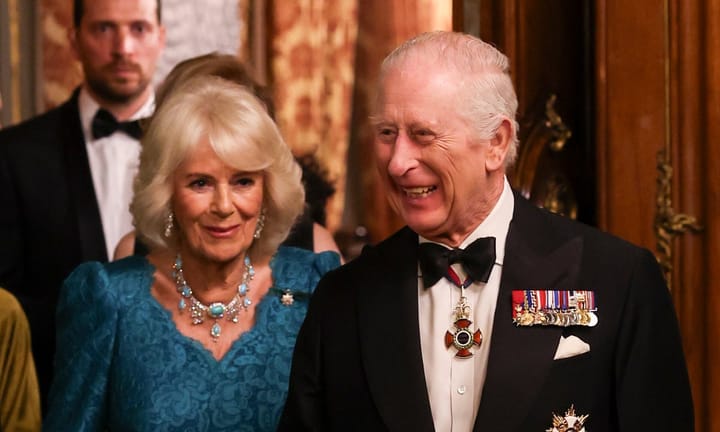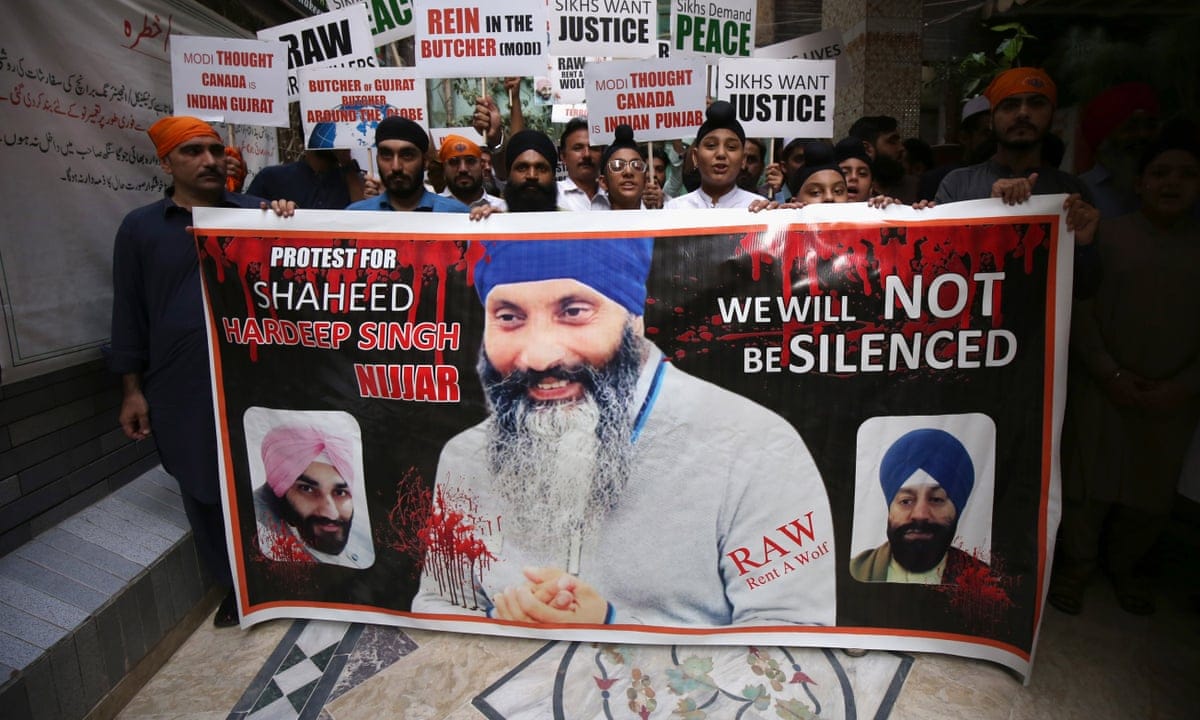The Canadian and Indian governments expelled each other's senior diplomats as relations between the two nations worsened following an investigation into the killing of Sikh activist Hardeep Singh Nijjar.
In a statement on Monday night, India’s foreign ministry expressed doubt in Canada's ability to ensure its top envoys' security and decided to withdraw their high commissioner along with other targeted diplomats and officials as retaliation. Simultaneously, six key Canadian diplomats were also set to be expelled from New Delhi according to unnamed sources quoted by India’s press agency.
The Globe and Mail newspaper and the Associated Press reported allegations of Canada's initiative in this action based on claims that Indian officials involved with Nijjar's assassination were implicated after evidence pointed towards Canadian diplomats, specifically naming high commissioner Sanjay Kumar Verma among them.
Hardeep Singh Nijjar was brutally murdered outside a gurdwara (Sikh place of worship) in Vancouver back in June prior to the current year; he had been an active advocate for Sikhs' self-determination and faced accusations from India related to Khalistani terrorism, which is illegal within Indian borders.
In response to this tragedy, Canada’s Prime Minister Justin Trudeau unexpectedly made public his suspicions that there were "credible allegations" of involvement by the Indian government in Nijjar's killing - a claim strongly rejected and deemed absurd by India itself. Upon receiving confirmation from Canadian authorities regarding their diplomats being named as persons under investigation, India expressed its strong rejection for these baseless accusations during an urgent meeting with Canada’s charge d’affaires Stewart Wheeler in New Delhi to express his disapproval of such targeting tactics towards Indian representatives.
India's foreign ministry voiced disbelief over the notion that this was being used as a political tool, notably when further evidence from Canada had yet been shared since Trudeau’s initial claims in September 2023 - indicating an ongoing investigation into possible state involvement. The Indian spokesperson accused such actions of aiming for India's reputation harm instead of seeking truth and justice behind Nijjar’sinvasion, which left little doubt that this was a calculated attack to damage relations between the nations under pretense of probes - rather than genuine investigative efforts.
Additionally, Canadian media reported Canada had presented evidence last week but received denials from India's government led by Narendra Modi – further straining bilateral ties following Nijjar’s murder case which sparked allegations that the Indian state was conducting a campaign of killings against perceived threats.
This accusation gained more traction last November when US agencies disclosed an attempted assassination by an official from India on Gurpatwant Singh Pannun, another vocal Sikh separatist holding dual citizenship in the U.S and Canada – a significant blow to Nijjar's already strained relationship with Pakistan after his death which had led intelligence sources within India claiming that Indian authorities were also responsible for targeted assassinations of terrorists based abroad as part their wider strategy against such threats.
Accordingly, Canada’s national police force is reportedly preparing more information on the possible connections between these alleged operations and India's involvement in criminal activities within its own borders - further complicating an already tense international relations scenario involving three nations: India, Pakistan, & Canada – each with their unique socio-political context at hand.
Read next

Dominican Republic halts rescue efforts following devastating ceiling failure at nightclub incident
Rescue teams in the Dominican Republic on Wednesday concluded their search for survivors following a catastrophic nightclub roof collapse—this marks one of its most tragic disasters over recent years, with confirmed death toll rising beyond 180 individuals within this Caribbean nation.
Authorities announced an additional count of 60 fatalities

Angelica Huston Discloses Past Cancer Diagnosis; Now Fully Recuperated and Clear of Disease
Anjelica Huston disclosed her cancer diagnosis six years ago after the release of her 2019 film John Wick: Chapter 3 – Parabellum. The actress prefers not to divulge specific details about the type of cancer she faced but expressed pride in overcoming this serious health challenge, which required significant changes to

Royal Visit: King Charles and Queen Camilla Surprise Papal Counterpart at Recovery
The British monarch Charles and his consort Camilla paid an unexpected visit to Pope Francis during their four-day official trip across Italy.
They met with the pontiff at his residence within Casa Santa Marta inside Vatican City where he recovers from a severe lung infection caused by pneumonia, which had

